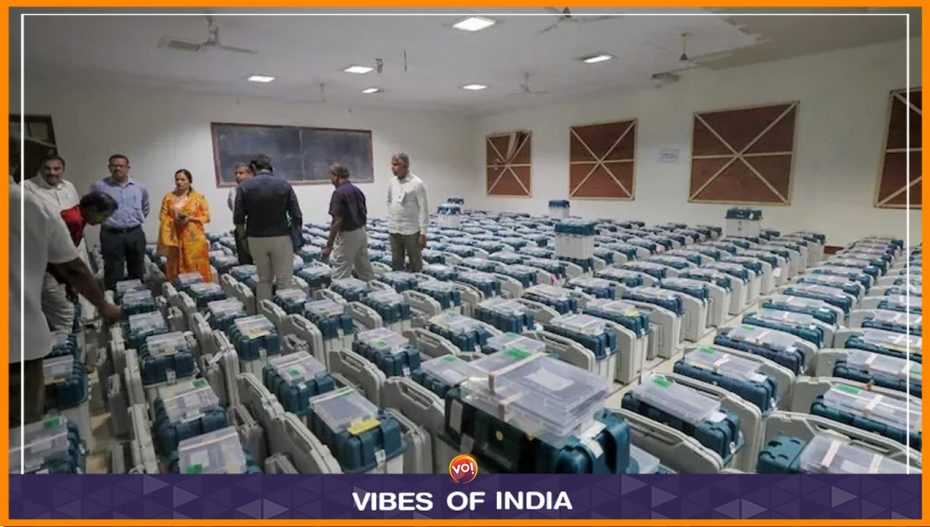The Remote Electronic Voting Machine (RVM), designed to make voting easier for Indian domestic migrants, has a prototype that was created by the Election Commission of India (ECI). Political parties have also been asked by the ECI to attend a machine demonstration on January 16.
Domestic migratory workers won’t need to travel home to register to vote, according to the ECI, if the prototype meets the needs of the stakeholders. On the basis of current electronic voting machines, Election Commission (EC) officials claimed RVMs will be built as “a robust, failproof and efficient stand-alone system” and will not be connected to the internet.
“After focus on youth and urban apathy, remote voting will be a transformational initiative for strengthening participation in electoral democracy,” Chief Election Commissioner Rajiv Kumar said.
Deliberations are also necessary about the remote voting process, voter familiarity with the process and RVM technology, counting of votes cast at distant booths, and transmission of those results to the returning officer based in another state or states.
Although there isn’t a centralised database on migration within the nation, study of the information that is publicly available suggests that domestic mobility is heavily influenced by factors including work, marriage, and education.
According to the commission, “out-migration” predominates among rural residents in terms of overall domestic mobility, while over 85% of internal migration occurs within states. Following his walk to Dumak hamlet in Uttarakhand’s Chamoli district shortly after taking office as CEC, Kumar gained firsthand knowledge of domestic migration difficulties that sharpened his focus on making it possible for migrant voters to exercise their right to vote from their current abode.
Also Read: MoS Raghavji’s Surprise Visit At Krishi Bhawan Notes Absentee Officials












